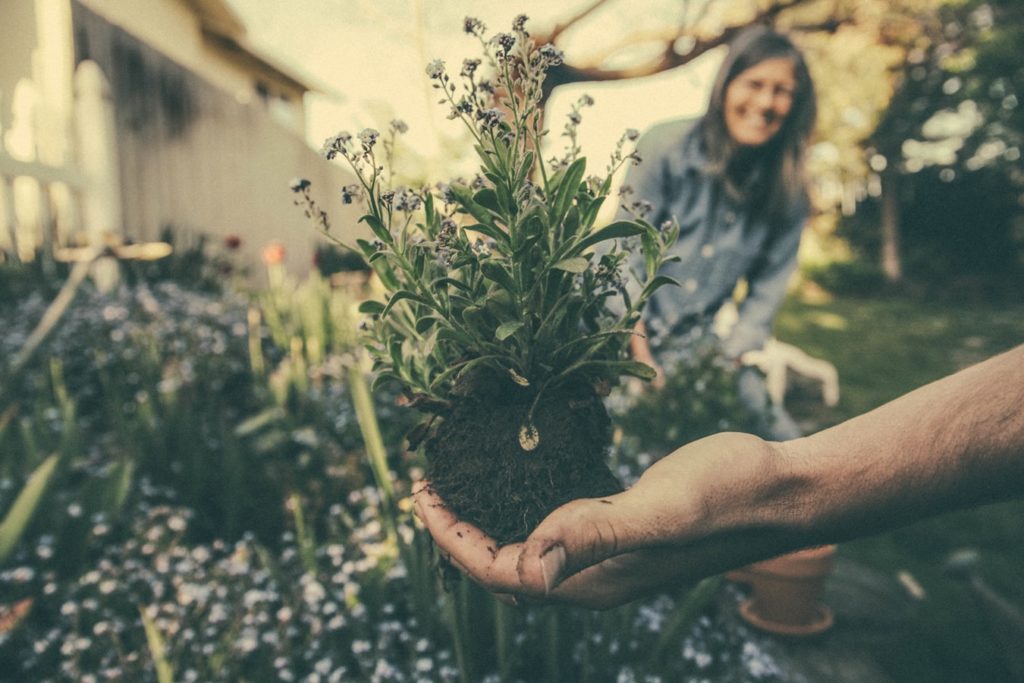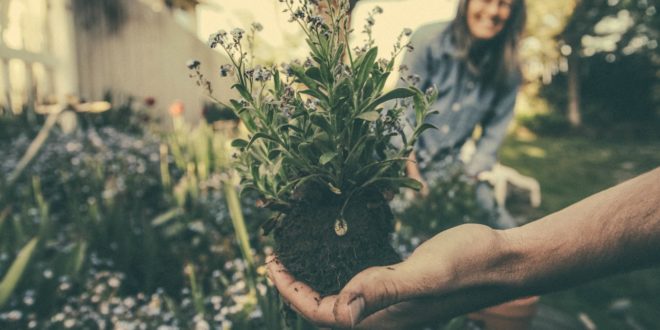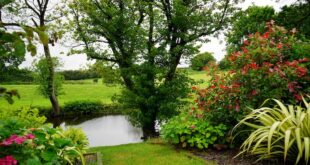Gardening season is in full swing, and with it comes the kind of troubleshooting that keeps our plants healthy and productive. But before you head to the garden centre for expensive solutions to your garden problems, check your kitchen and bathroom shelves. Everyday ingredients can often be your first port of call when treating ailing plants.
Get cunning with cayenne pepper
Spring growth is young and tender, which is why possums, rabbits, and birds enjoy nothing more than nibbling on it. A row of young pea plants, the new growth on roses, and the first leaves on fruit trees are all prime targets for unwanted animal attention. Deter these creatures by first misting the plants with water, then giving the leaves a light coating of cayenne pepper from a shaker. Repeat after rain.
Salt ‘n’ Vinegar
Herbicides are out; organics are in. Treat grass edge mowing strips, and weeds popping up between pavers with a solution made from 9 litres of water, 4 litres of vinegar, ¾ cup salt and a squirt of dishwashing detergent (the detergent helps the mix stick to vegetation). Fill your watering can with the solution and apply once any moisture has dried off the vegetation, and when you know the weather will be fine for 2-3 days.
Blast’m with bleach
Weeds which have long taproots (such as dandelions and docks) pose a particular problem, as home-made sprays are unlikely to kill them. However, when we attack the roots, of these pest plants, we have a much greater chance of success. To do this, mix 1 cup of household bleach with one cup of water. Take this into the garden along with a small knife, a fat knitting needle and a kitchen funnel. Cut off the leaves of the weed, then pierce down through its long central root with your knitting needle. Remove the knitting needle, centre the funnel over the hole, and pour in the bleach.

Easy-as Epsom Salts
Commonly known as ‘bath salts’, Epsom salts are reputed to help relieve tired, aching limbs when added to bathwater. In the garden, the salts are used to treat plants suffering from a deficiency of magnesium. Magnesium assists with photosynthesis (the chemical process whereby plants turn sunlight into plant food), and also encourages healthy flowering and fruiting. While most soils receiving compost and mulch should contain enough magnesium to supply plants, poorer soils may be deficient (this is often the case with pot plants). One of the first signs of magnesium deficiency is a mottled yellowing to the leaves, or a red tinge around the edge of leaves (if in doubt, carry out a soil test using a kit from your garden centre). Water magnesium-deficient plants twice a month, until symptoms abate, with a solution made up of 2 tablespoons Epsom Salts to 4 litres of water.
Beat them with bathroom hand soap!
If you’ve ever had doubts about the effectiveness of homemade soap spray on aphids, this recipe may change! The trick is to add just the right amount of soap to water so the spray kills unwanted insects but doesn’t burn the delicate leaves of your plant. To make the spray, dissolve 1/4-1/2 teaspoon (no more!) of solid bathroom soap to 1 litre of very hot water. Let the water cool completely before pouring it into a spray bottle. When spraying, be sure to wet all surfaces of the affected plant, including stems and the underside of leaves. Repeat every 3-4 days.










Join the Discussion
Type out your comment here:
You must be logged in to post a comment.